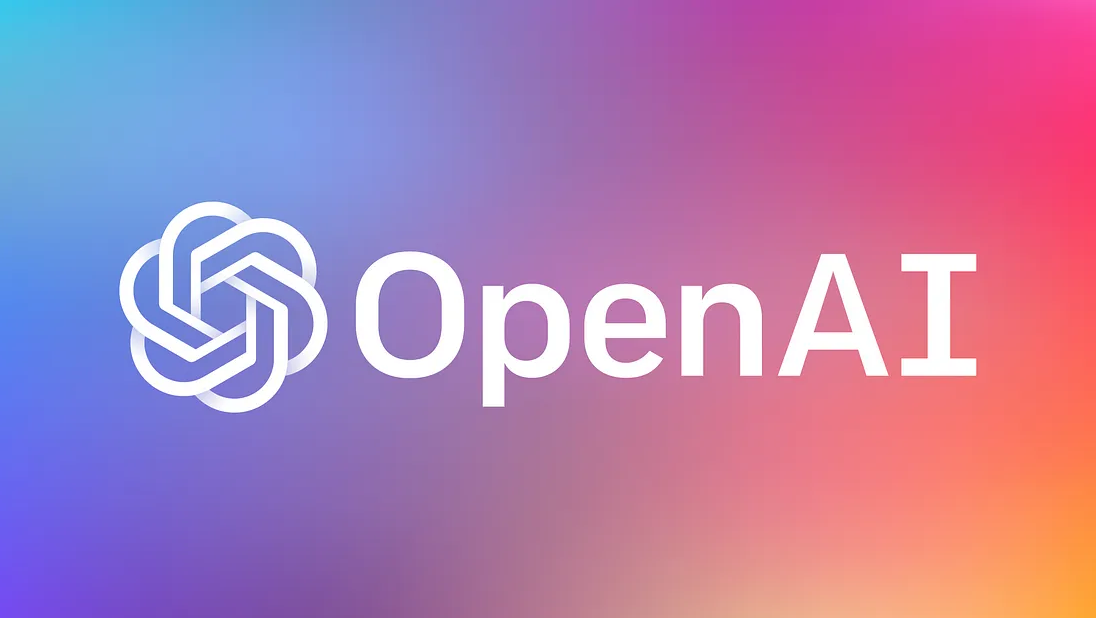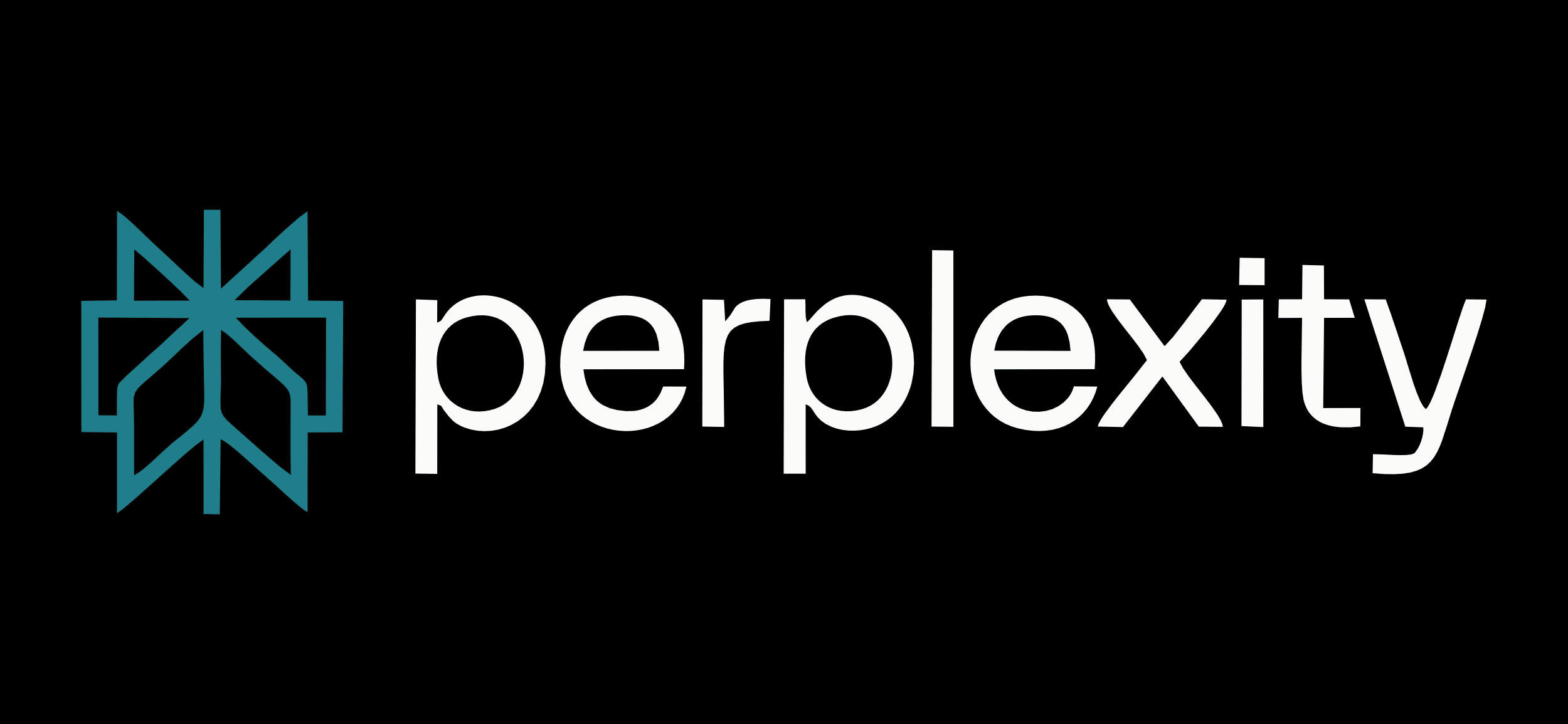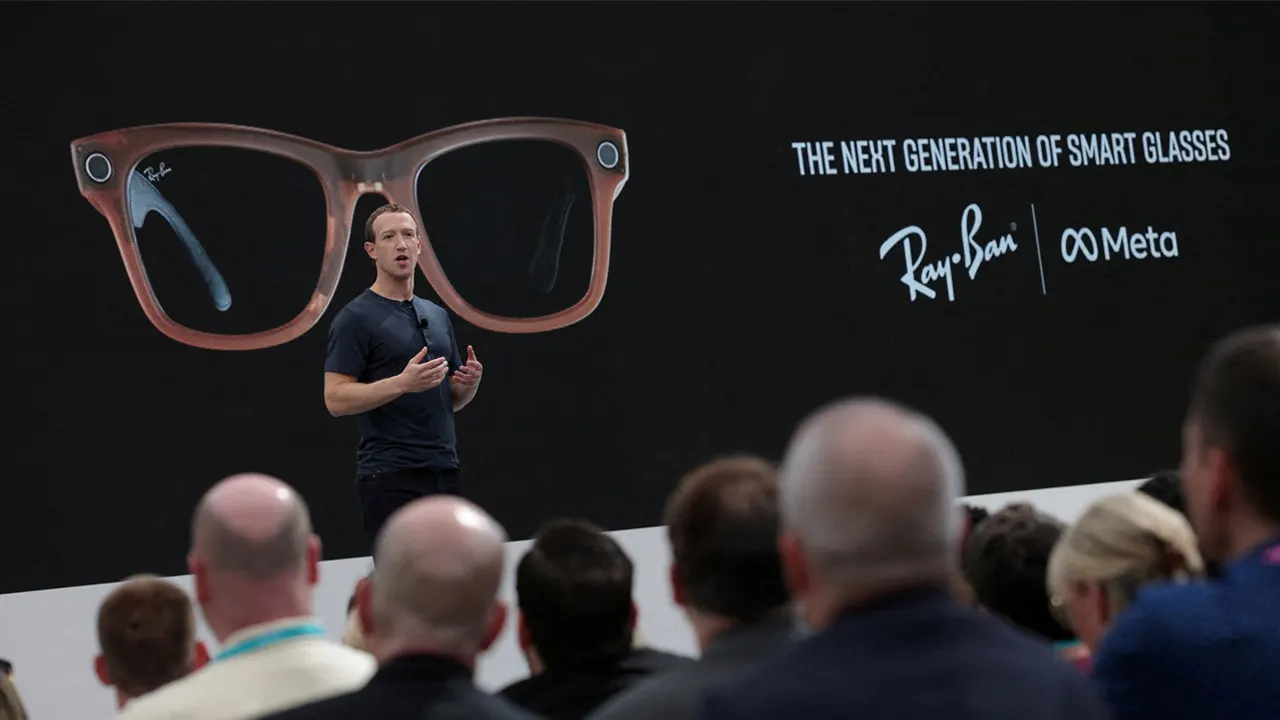Cohere has secured $500 million in new funding, lifting its valuation to $6.8 billion and reinforcing its position as a secure, enterprise-grade AI specialist.
The Toronto-based firm, which develops large language models tailored for business use, attracted backing from AMD, Nvidia, Salesforce, and other investors.
Its flagship multilingual model, Aya 23, supports 23 languages and is designed to help companies adopt AI without the risks linked to open-source tools, reflecting growing demand for privacy-conscious, compliant solutions.
The round marks renewed support from chipmakers AMD and Nvidia, who had previously invested in the company.
Salesforce Ventures’ involvement hints at potential integration with enterprise software platforms, while other backers include Radical Ventures, Inovia Capital, PSP Investments, and the Healthcare of Ontario Pension Plan.
The company has also strengthened its leadership, appointing former Meta AI research head Joelle Pineau as Chief AI Scientist, Instagram co-founder Mike Krieger as Chief Product Officer, and ex-Uber executive Saroop Bharwani as Chief Technology Officer for Applied R&D.
Cohere intends to use the funding to advance agentic AI, systems capable of performing tasks autonomously, while focusing on security and ethical development.
With over $1.5 billion raised since its 2019 founding, the company targets adoption in regulated sectors such as healthcare and finance.
The investment comes amid a broader surge in AI spending, with industry leaders betting that secure, customisable AI will become essential for enterprise operations.
Would you like to learn more about AI, tech and digital diplomacy? If so, ask our Diplo chatbot!










